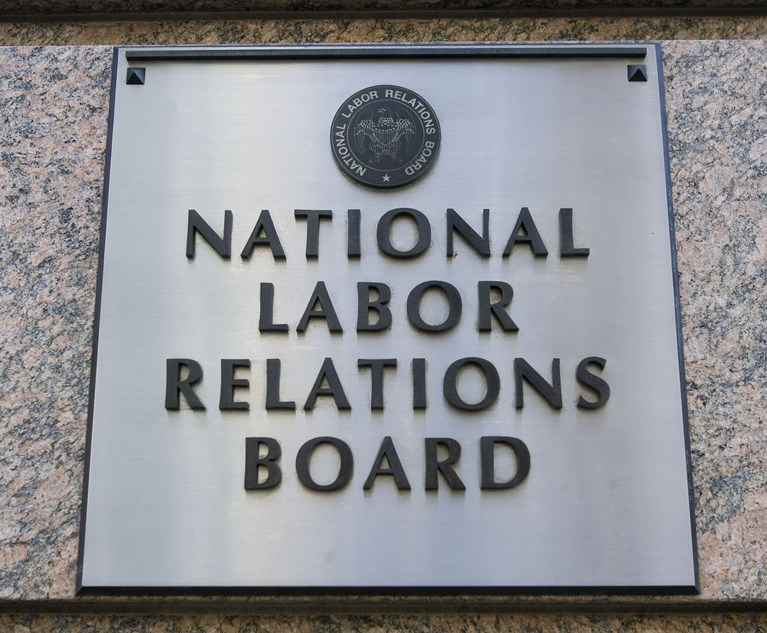As the country moves into the third year of the Biden administration, it is a good opportunity to reflect on both changes to labor relations that have already happened, and changes that may be coming. Despite declining union membership rates, unionization campaigns in the United States are still on the rise with the support of the Biden administration. The administrative support of these last few years has led to unionization efforts in industries beyond construction and service industries. Every industry and size—from some of the largest employers in the world to smaller organizations, in educational institutions and across newly-developing industries—are facing the prospect of unionized workforces. New York state in particular is seeing an increase in union campaigns and elections across various industries, because of the notoriety of recent successful campaigns.
The Biden administration has pursued several key appointments, significant policies, and pieces of workplace legislation that have had an enlarged effect on organizing activity. On July 22, 2021, President Biden appointed Jennifer Abruzzo to serve as the general counsel of the National Labor Relations Board (NLRB). In addition to this appointment, the Board now has a Democratic majority with Biden-appointed Board members. In all likelihood, this will lead to a dramatic reversal of many, if not most, of the precedents set by the prior administration. The reversal process has already begun, with the general counsel adopting more pro-union frameworks through memoranda, which are not binding law but provide policy guidance to field offices on how to handle cases.


 National Labor Relations Board, located at 1099 14th Street, NW, in Washington, D.C. April 16, 2012. Photo by Diego M. Radzinschi/ALM.
National Labor Relations Board, located at 1099 14th Street, NW, in Washington, D.C. April 16, 2012. Photo by Diego M. Radzinschi/ALM.




